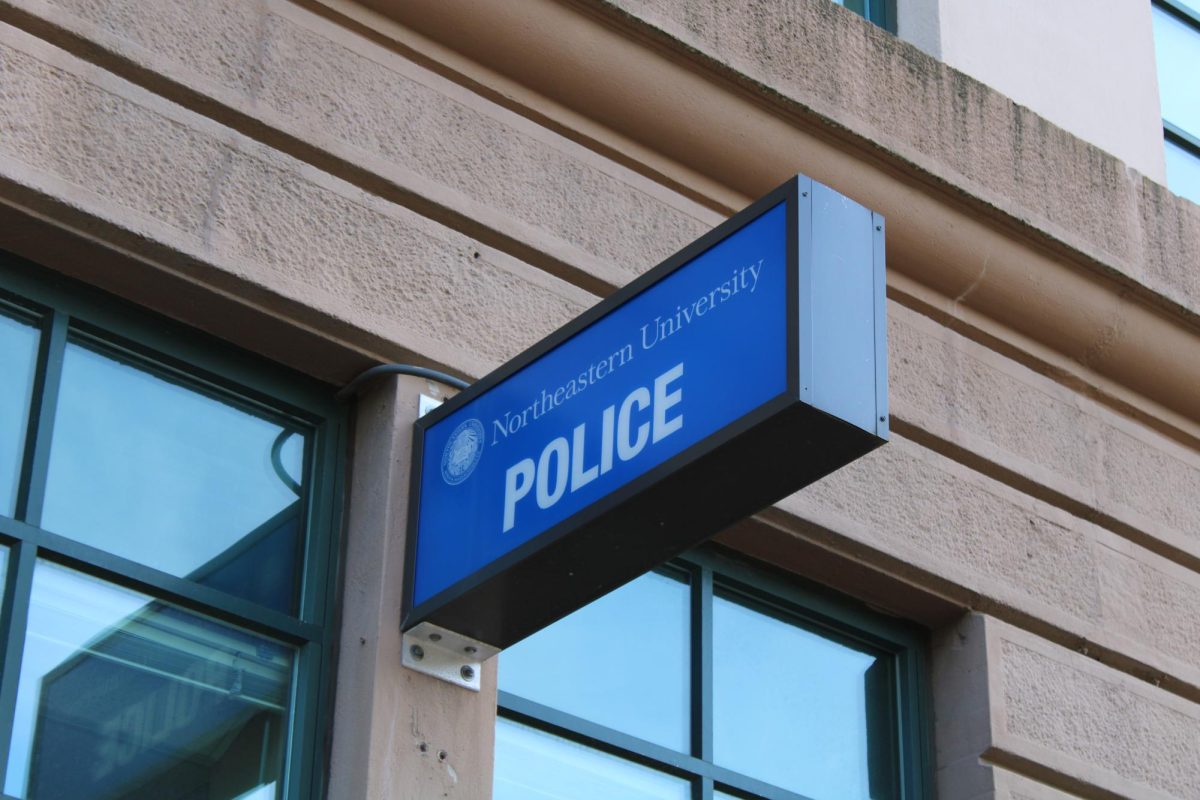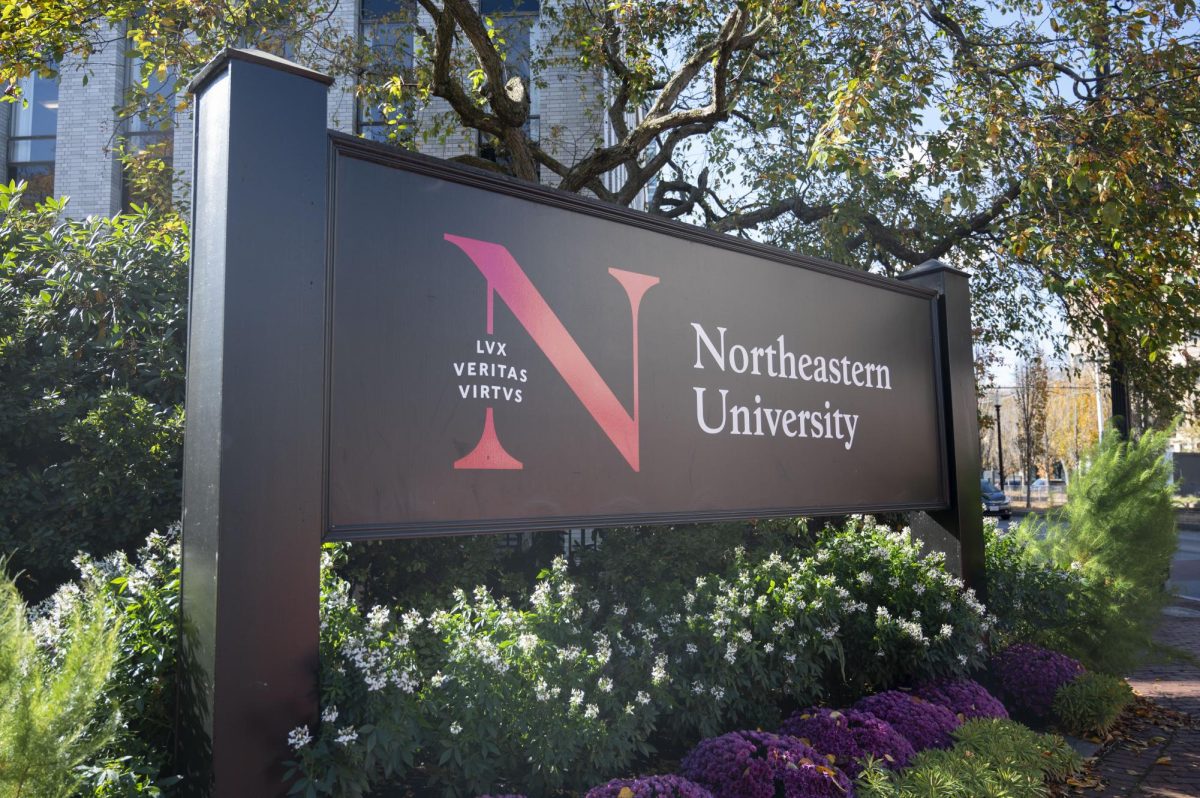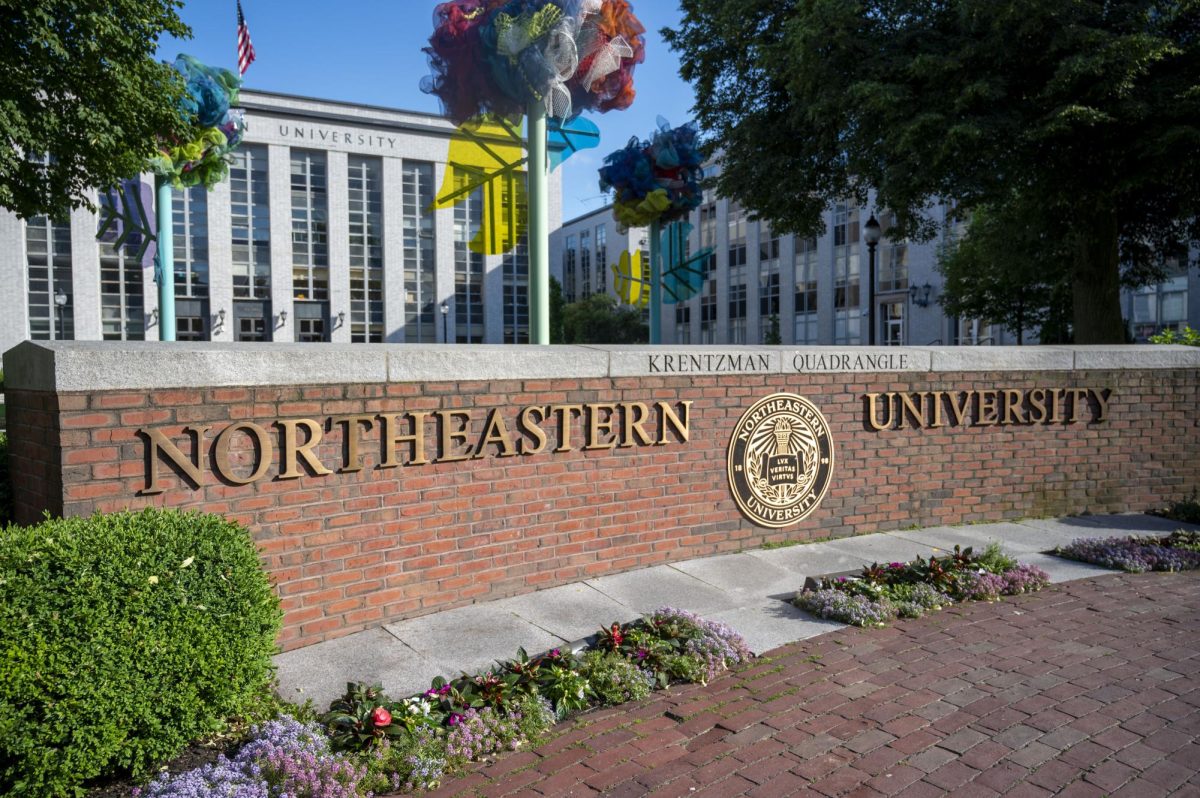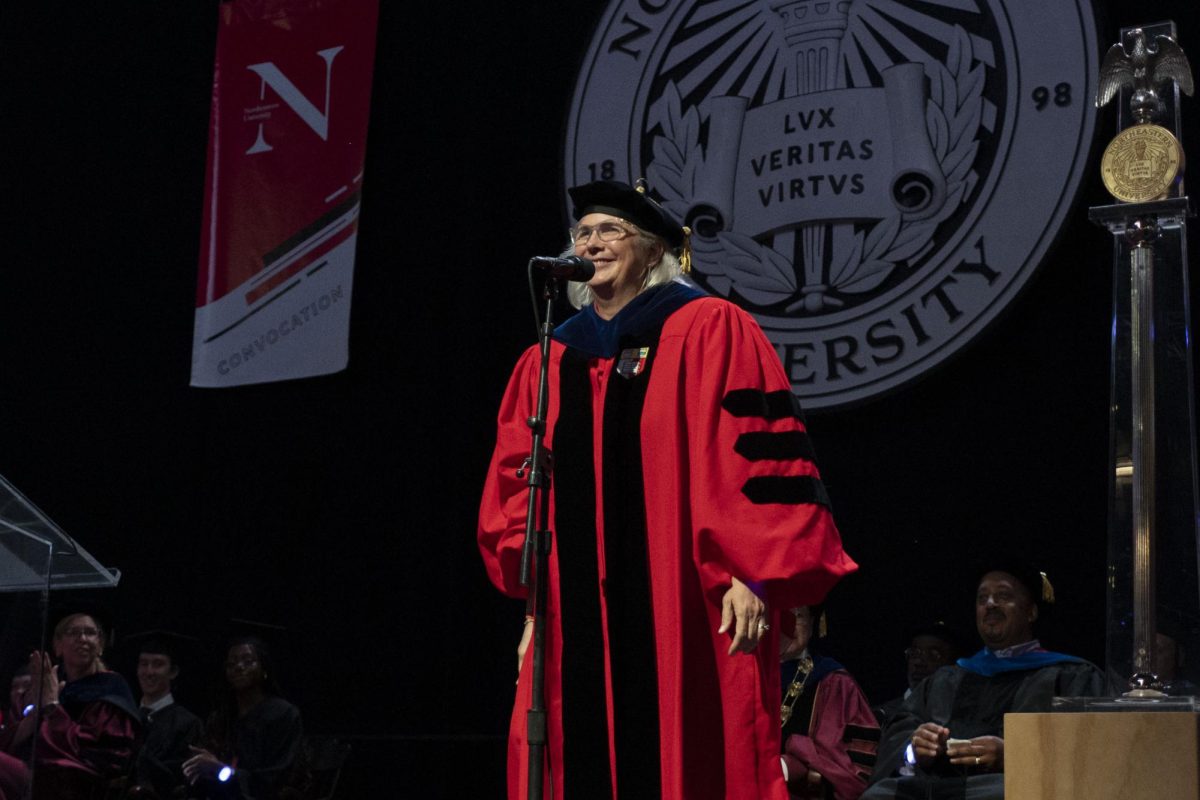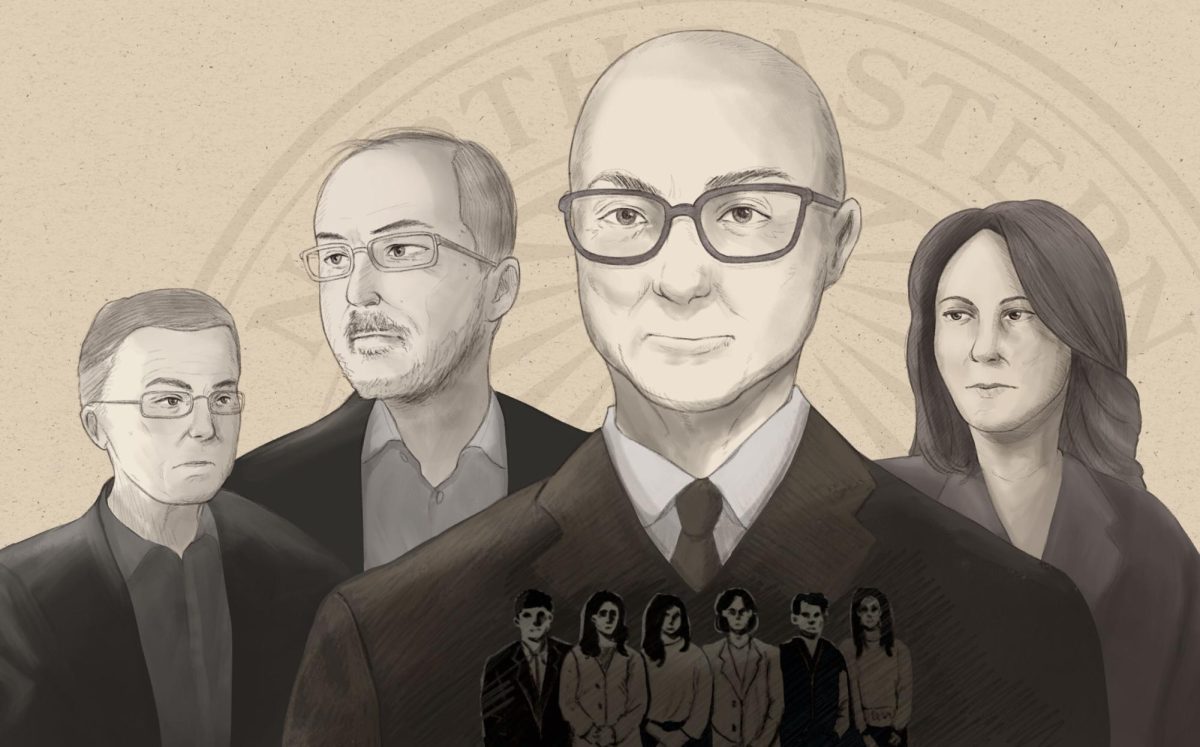After months of back-and-forth legal arguments, the National Labor Relations Board has ruled Northeastern engaged in unfair labor practices and violated federal law by refusing to recognize and bargain with a newly formed union of Northeastern University Police Department sergeants.
The decision, released May 21, states that Northeastern admitted to refusing to bargain with the union but said it did so because the union is invalid. The university has argued multiple times that sergeants in the union do not have the right to unionize because of their supervisory duties — supervisors cannot join unions because they are considered management and not part of the labor force — despite the National Labor Relations Board, or NLRB, refuting the school’s arguments each time.
Board Decision-Northeastern University-2“We find that [Northeastern’s] conduct constitutes an unlawful failure and refusal to recognize and bargain with the Union in violation of [the National Labor Relations Act],” NLRB board members wrote in their decision. The NLRB is an independent federal agency that oversees judicial cases about workers’ rights and negotiations between employers and employees. “We shall order [Northeastern] to cease and desist [violating the Act], to bargain on request with the Union and, if an understanding is reached, to embody the understanding in a signed agreement.”
The university did not immediately respond to requests for comment by The News.
Northeastern University Police Department, or NUPD, sergeants, sergeant detectives and detectives petitioned to form a union in early 2023. In August 2023, the NLRB ruled against the university’s opposition to the union, paving the way for the 11 sergeants and detectives to vote in September 2023 to be represented by the American Coalition of Public Safety, a union representing private-sector law enforcement officers.
Northeastern consistently argued that sergeants are classified as “supervisors,” or employees who have authority to “hire, transfer, suspend, lay off, recall, promote, discharge, assign, reward or discipline other employees,” according to the National Labor Relations Act, or NLRA. Supervisors are not protected by the NLRA and therefore are not explicitly allowed to bargain.
According to the university, sergeants are supervisors because they have the authority to recommend disciplinary actions against officers, help determine schedules and assign patrol duties to officers below them.
“The Regional Director erred in finding that the NUPD’s sergeant and sergeant detectives are not… statutory supervisor[s],” Robert A. Fisher and John P. Phillips of the Seyfarth Shaw Law Firm, which represents the university, wrote in the request for review of NLRB’s decision to grant sergeants an election. “The Regional Director misunderstood, mischaracterized and otherwise ignored evidence critical to the statutory analysis, and misapplied the law.”
But the NLRB consistently rejected the school’s arguments, maintaining that sergeants do not use independent judgment to carry out their duties and don’t have the sole authority to discipline officers. The board also said in a previous decision that it is careful to not interpret supervisory status too broadly.
In the board’s May 21 decision, it said the school had not presented any further convincing evidence that sergeants are supervisory employees.
“All representation issues raised by [Northeastern] were or could have been litigated in the prior representation proceeding,” the decision reads. “[Northeastern] does not offer to adduce at a hearing any newly discovered and previously unavailable evidence, nor has it established any special circumstances that would require the Board to reexamine the decision made in the representation proceeding.”
According to case documents, the school said it had “no duty to bargain” with the union because the union is composed of supervisors, but that it would bargain with detectives. And, according to documents, the school said it was the union that refused to bargain.
“[Northeastern] further asserts that it acted in good faith,” the May 21 decision reads. “[Northeastern’s] offer to bargain over a portion of the unit, however, does not obviate its obligation to bargain over the unit as certified.”
The board directed the school to “cease and desist” from failing to recognize and bargain with the union and “interfering” or “coercing” employees from exercising their right to unionize. Northeastern must bargain with all members of the union as recognized by the NLRB, according to the decision.
A representative for the school is ordered to sign a form that asserts employees’ rights to a labor contract and states that the university will refrain from failing to recognize the union. The school then has to post physical copies of the signed form in places where notices to employees are usually displayed and send out electronic copies of it to employees.
Within 21 days of receiving the notice, Northeastern must file a form with the NLRB that lays out the steps they have taken to comply with the NLRB’s order.



